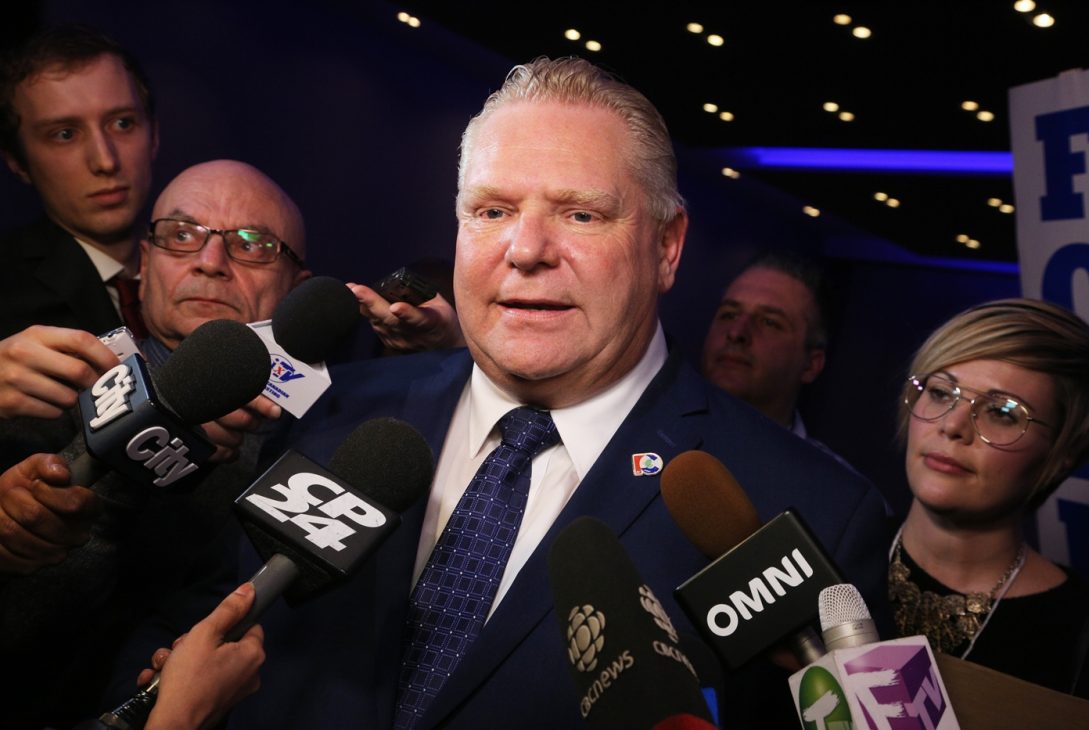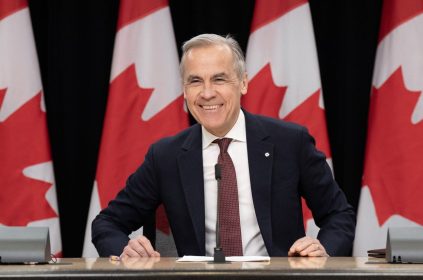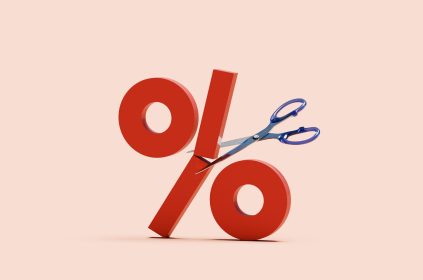Premier Doug Ford announced Tuesday afternoon that the province would suspend the electricity surcharge initially intended to target U.S. states including Michigan, New York, and Minnesota.
The decision came shortly after U.S. President Donald Trump threatened to impose steep 50% tariffs on Canadian steel and aluminum in response to Ontario’s move.
Trump, speaking from the White House, acknowledged Ontario’s reversal and suggested he would likely scale back the planned steel and aluminum tariffs as a result. “He has called, and he has said he is not going to do that. It would have been a very bad thing if he did, but he is not going to do that. So, I respect that,” Trump said of Ford’s decision.
The escalation had intensified Tuesday morning when Trump declared on Truth Social his intention to double tariffs on Canadian steel and aluminum and declare a “National Emergency on Electricity” if Ontario proceeded with its surcharge.
Ford, citing a “productive conversation” with U.S. Secretary of Commerce Howard Lutnick, is set to meet U.S. officials in Washington this Thursday to discuss ongoing trade concerns and a renewed USMCA trade pact.
Despite suspending the electricity surcharge, Ford noted it remains an available measure if negotiations fail. “With any negotiation, there’s a point when both parties are heated, and the temperature needs to come down,” Ford explained. “We’ve agreed to let cooler heads prevail.”
Ontario supplies power to roughly 1.5 million households in the U.S., making this trade dispute particularly significant for both sides. Observers note that ongoing volatility could continue impacting markets and Canadian jobs, particularly in sectors like steel, aluminum, and automotive manufacturing.
Equity markets “have had enough”
Equity markets continued to show signs of distress amid the trade tensions, with U.S. indices particularly feeling the pinch.
Robert Kavcic, senior economist at BMO, noted that recent market volatility reflects worries about growth and ongoing trade disruptions, especially affecting technology stocks that had already been aggressively valued.
“Equity markets continue to sell off in the face of the trade war,” Kavcic wrote in a research brief. “While tariffs themselves are a negative—effectively bad for both growth and inflation—the U.S. administration’s tone might be doing even more harm.”
Kavcic pointed out that Canadian markets have been somewhat resilient, thanks to earlier adjustments in valuations and anticipation of increased spending in areas like government and defence.
Featured image by Creative Touch Imaging Ltd./NurPhoto via Getty Images
Canada-US trade war Donald Trump Doug Ford Howard Lutnick Robert Kavcic trade war Trump tariffs
Last modified: March 11, 2025











Thank you for your commentary over Doug Fords decision to resind the 25 percent tariffs. Do not happen to agree with this decision at this time. In order for the American government to respect our country and politicians, we can not backdown on our stance against Trumps unwarranted Tariffs.